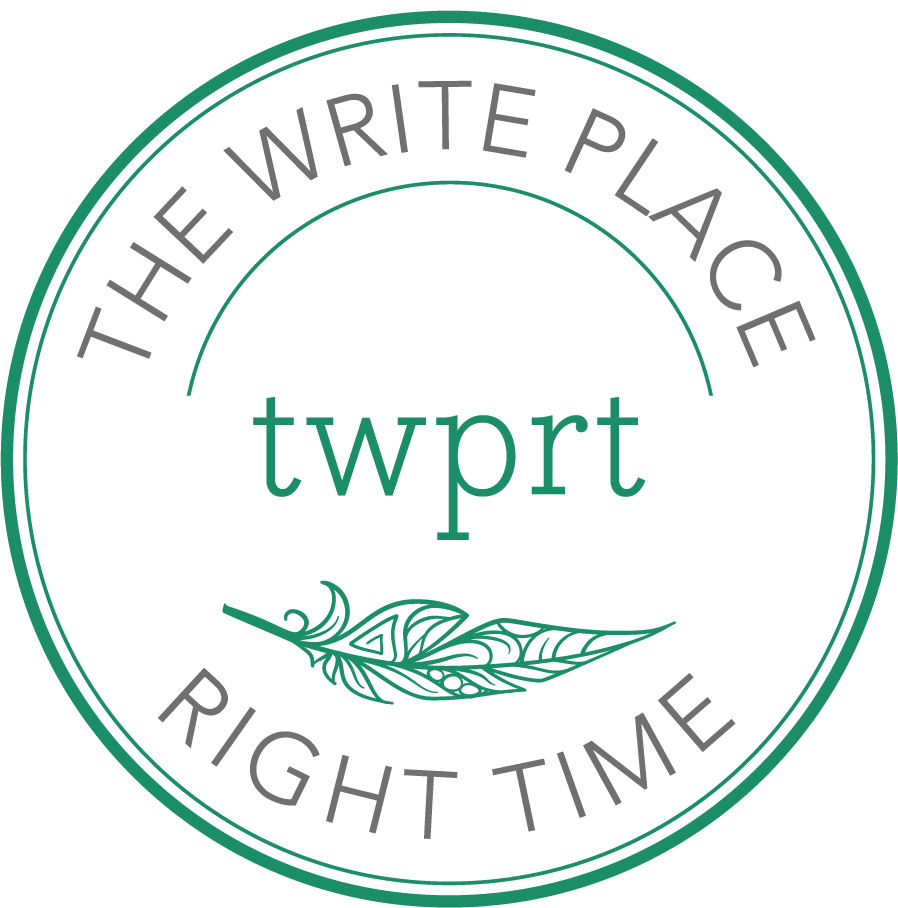
I want to talk about writing Darkness – the messy, hard moments in life that memoir is based on. We see memoirs about death, illness, poverty, divorce, etc. We see memoirs about trauma.
I’m often asked, What makes you qualified to help me write about [insert horrible thing here]? I’m asked this when I’m on the call with people, telling them what I do and how I work. They ask if I haven’t yet divulged anything of my personal experiences, otherwise, they seem to know the answer.
I find that when this question comes up, it’s usually because they’ve experienced emotional, physical, and/or sexual abuse and they want to know if I can be trusted. It’s not actually about my qualifications – my degrees or my prior publications or my client testimonials. They want to know whether they’re about to do some deep, personal work writing their memoir with a happy-go-lucky, potentially gossipy or judgy, Pollyanna.
They want to know the person guiding them is going to get into the trenches with them.
They want to know:
Can they share things with me they haven’t yet told anyone else and assume their confidentiality?

Yes.
Can they expect to receive empathy and not be judged or blamed?
Yes.
Can I listen to all the gory details and still see them as themselves and not as their trauma?
Yes.
Can I guide them on how those memories and details get used and placed inside the story?
Yes.
Can I help them navigate the emotional lift they’ll have to do to turn their trauma into art?
Yes.
Why? How? What makes me qualified?
Because what my huge, genuine smile doesn’t reveal…
What my loud, raucous laughter doesn’t say…
What my energy and passion for writing doesn’t illustrate…

I know Darkness and it knows my name, too.
Mine came to me in the form of coercive and manipulative young men who didn’t understand consent. I know what life before and after trauma looks like and feels like.
Life before felt like control and sound and safety. Life after felt like powerlessness and silence and distrust and shame.
I know hours and years of therapy.
I know the anxiety and horror of saying it out loud to family and friends.
I know sleepless nights and anguished dreams.
I know obsessive running and working out.
I know self-blame.
I know the kind of rage that has you screaming into a pillow and beating your fists into the mattress.
I know the kind of despair that brings you to the floor of the bathroom, the running water unable to muffle the sounds of your wails even with the door closed tight.
I know the lingering effects like the eight times I check the door at night 17 years later.
And not only do I know that dark place, but I’ve come to the other side of it. I, too, know the healing journey with its ebbs and flows, peaks and valleys. I know the effort and determination it takes to move from victim to survivor. To shed shame and guilt and self-blame. To own the words and the reality of what has happened and to still see yourself as beautiful and whole. To integrate the Selves – You from before and the You that has come after. I know what it is to live with the reality that this trauma is a part of your past but to also get to a place where it no longer defines your now or your later even if it still appears as a shadow or whisper.

And not only do I know about Darkness and healing, but I’ve written about it. Not all of it has been published, not all of it has been made public, but I’ve written my Darkness onto the page. I’ve crafted my trauma into something meaningful and powerful. I’ve learned tools to monitor and maintain my self-care during that grueling process. I’ve curated which details to share and which I keep to myself to make for a compelling piece of writing.
What makes me qualified to help you write about your trauma?
My own.
Have a memoir you’re considering writing and looking for a ghostwriter or writing guide to help usher it to the page? Book your Coffee & Craft call.
April is Sexual Assault Awareness Month. Consider educating yourself on sexual violence and/or donating to a local or national organization to end this kind of violence perpetrated on adults and children. If you or someone you know needs help, please call 800.656.HOPE (4673).


Comments are closed.